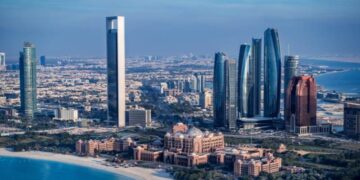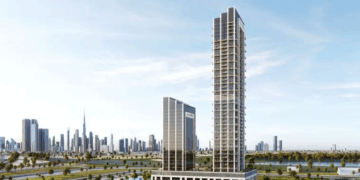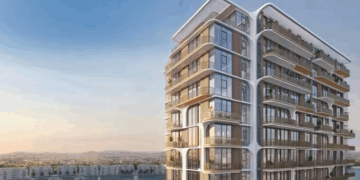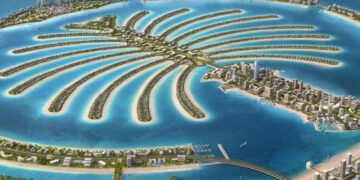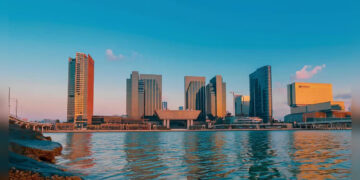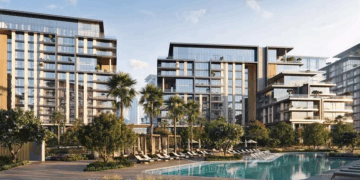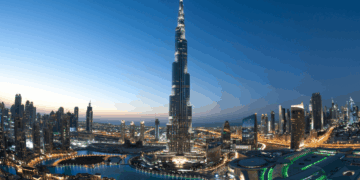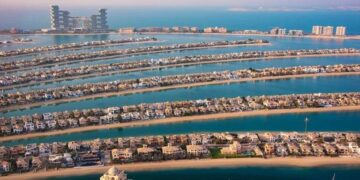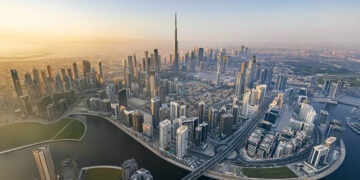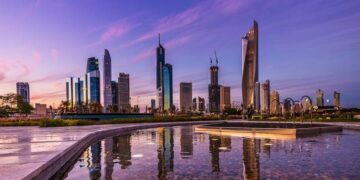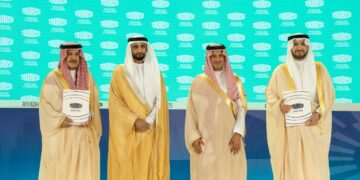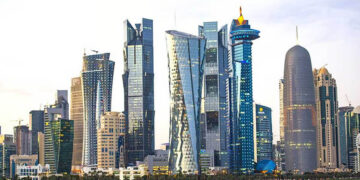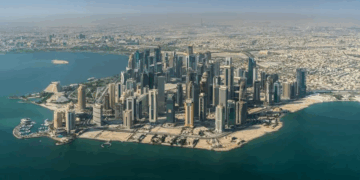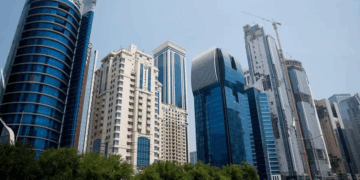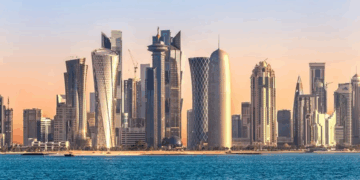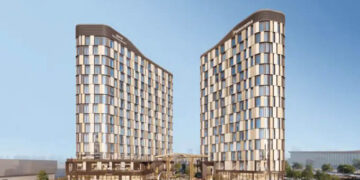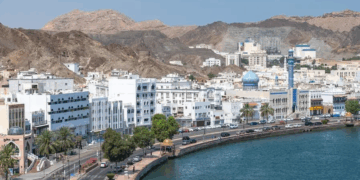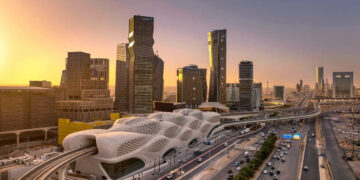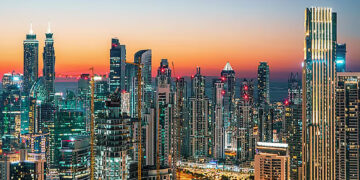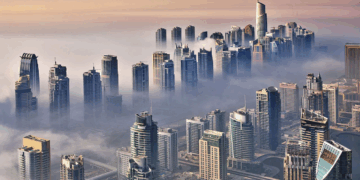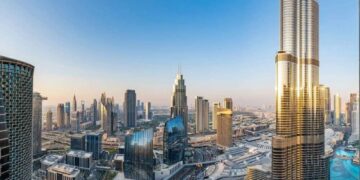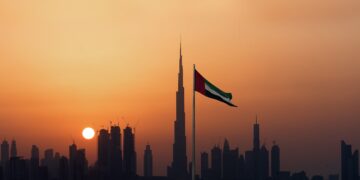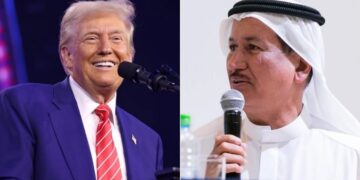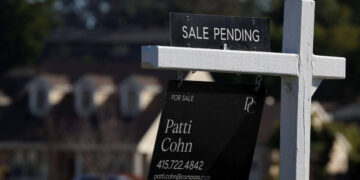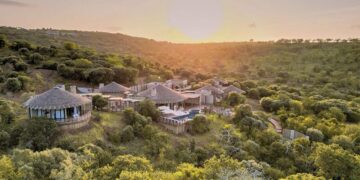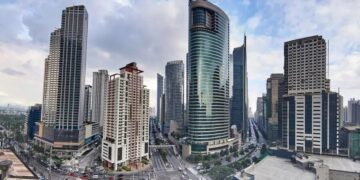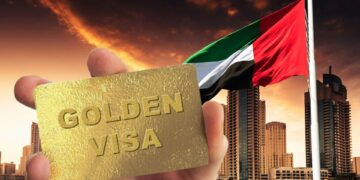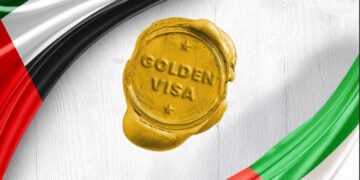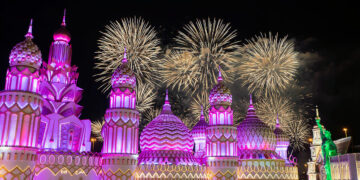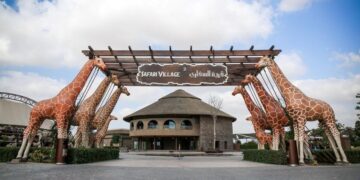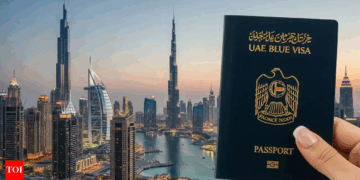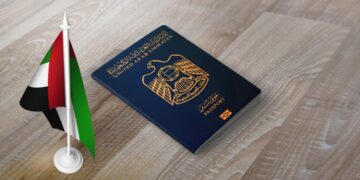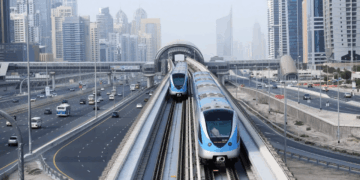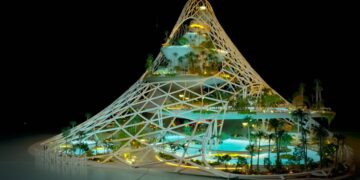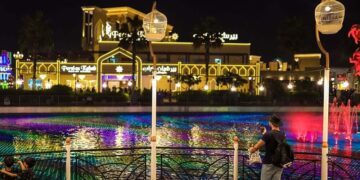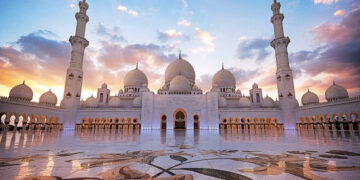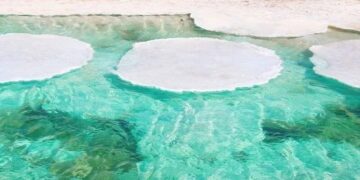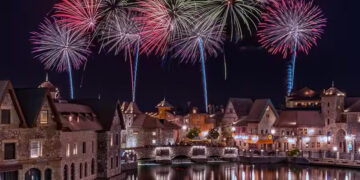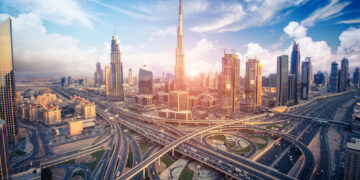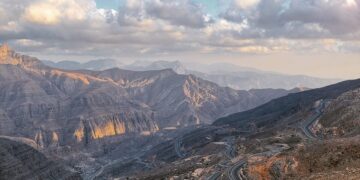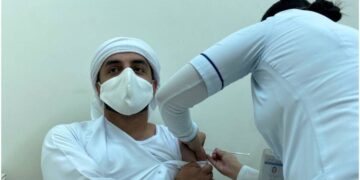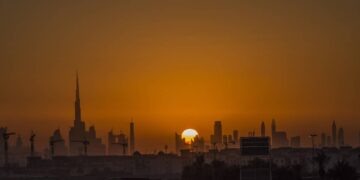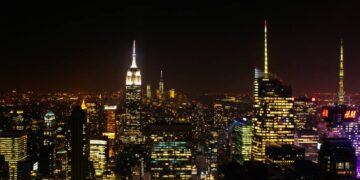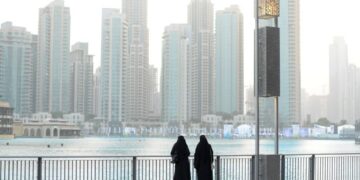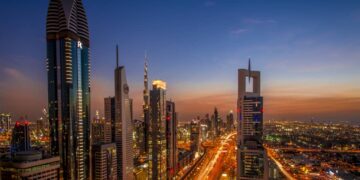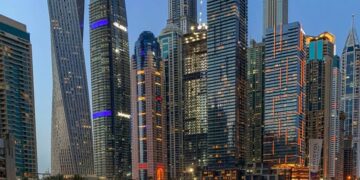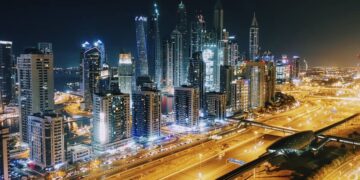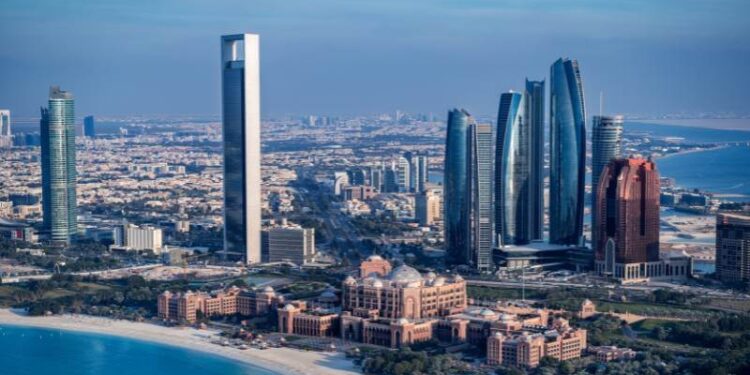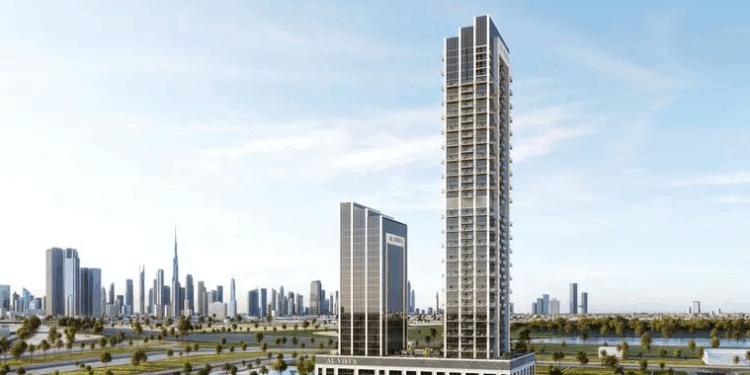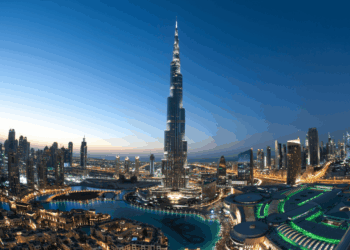According to a recent report by industry specialist Global SWF, Abu Dhabi has been ranked as the world’s top city for sovereign wealth fund (SWF) capital, managing $1.67 trillion in assets.
Major funds, such as the Abu Dhabi Investment Authority, Mubadala Investment Company, and investment and holding company ADQ, are based in the capital of the United Arab Emirates. The assets of Tawazun (including Edge), the federal fund the Emirates Investment Authority, and the Abu Dhabi Fund for Development were also included in the report, according to the statement.
Second place went to Oslo, the capital of Norway, home to the $1.66 trillion Government Pension Fund. Other top cities on the list are Riyadh ($1.11 trillion), home of the Public Investment Fund; Beijing ($1.3 trillion), home of the China Investment Corporation; Singapore ($1.13 trillion), home of GIC Private and Temasek Holdings; and Hong Kong ($1.1 trillion), home of China’s SAFE Investment Corporation.
As of October 1, SWFs managed $12.5 trillion in assets, nearly two-thirds of which were concentrated in the top six cities.
According to a July report by Global SWF, state-controlled funds from Saudi Arabia, the United Arab Emirates, and Qatar led global sovereign investments in the first half of this year. These funds pushed to expand their portfolios by focusing broadly on sustainable assets.
More than half of all sovereign investments during the first half of this year were made by the PIF, Mubadala, Adia, ADQ, and Qatar Investment Authority, the state investment arm of Qatar. Their combined investment during the period reached $38.2 billion through 58 deals.
According to the most recent Global SWF report, Adia, Mubadala, and ADQ invested $36 billion globally in deals during the first three quarters of 2024, making up two-thirds of all Gulf SWF investments and 26% of all SWF investments.
One of the biggest SWFs in the world, Adia invests directly and indirectly in a variety of asset classes, including property, fixed income, infrastructure, private equity, and equities. Adia does this on behalf of the Abu Dhabi government. According to data from Global SWF, credit rating agency DBRS Morningstar estimated the company’s assets to be $993 billion last year.
Mubadala, which has assets worth over Dh1.11 trillion ($302.2 billion), is the driving force behind Abu Dhabi’s attempts to diversify its income stream. Its interests cover six continents and include the following industries: petrochemicals, oil and gas, semiconductors, metals and mining, and renewable energy. Investments in the pharmaceutical industry and life sciences have also been added.
As of June 30, ADQ, founded in 2018, had $225 billion in total assets. It owns stock in over 25 portfolio companies spread over seven economic clusters that are essential to the Abu Dhabi economy.
“While other SWFs in the region combine all mandates under the same umbrella, the Abu Dhabi approach is characterised by several SWFs with different strategies, different mandates,” the report found.
According to the SWF Global report, the emirate’s public capital, which includes assets held by family offices, pension funds, and central banks, is expected to increase from $2.3 trillion at present to an estimated $3.4 trillion by 2030.
The report stated that in addition to having enormous resources, Abu Dhabi’s SWFs also employ over 3,100 professionals, demonstrating their function as a hub for both talent and capital. With SWFs employing more than 1,000 people apiece, Singapore, Riyadh, Kuala Lumpur, and Dubai come next.
With almost $5.3 trillion in capital, SWFs in the Middle East and North Africa rank first globally, followed by those in Asia ($4.2 trillion), Europe ($2 trillion), Oceania ($450 billion), and North America ($350 billion).
SWF-managed capital is “shifting and expanding in certain cities in the world”, said Diego Lopez, founder and managing director of Global SWF.
“The world ranking confirms the concentration of sovereign wealth funds in a select number of cities, underscoring the significance of these financial hubs on the global stage.”
